Chapter 21
Endocrine System
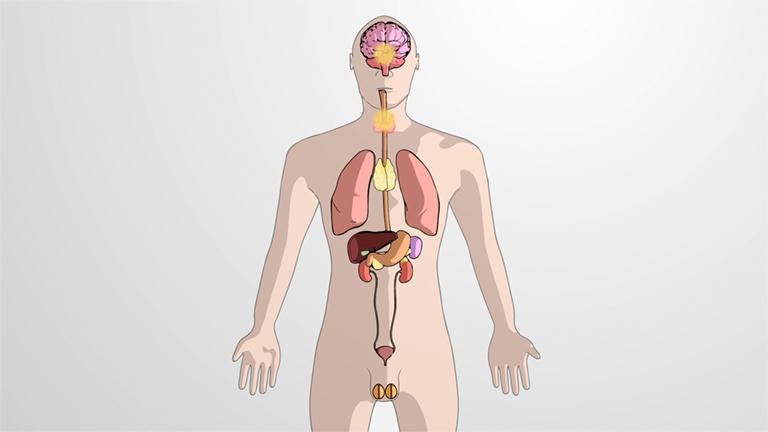
What is the Endocrine System?
The endocrine system sends hormones—chemical signals—through the bloodstream to target cells—the cells the hormones selectively affect. ...
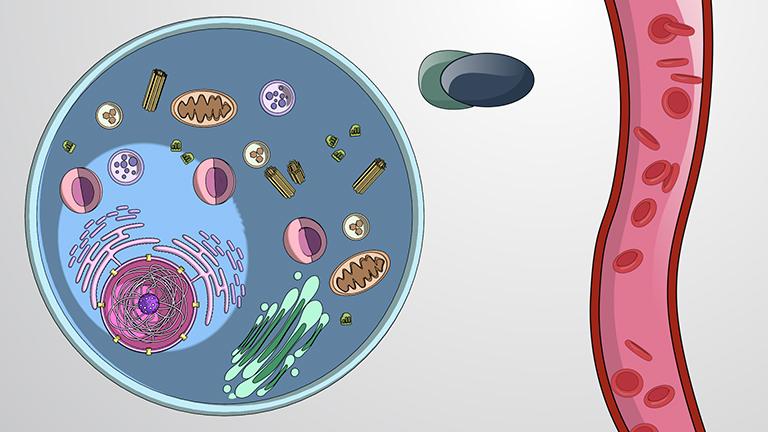
Intracellular Hormone Receptors
Lipid-soluble hormones diffuse across the plasma and nuclear membrane of target cells to bind to their specific intracellular receptors. These receptors ...
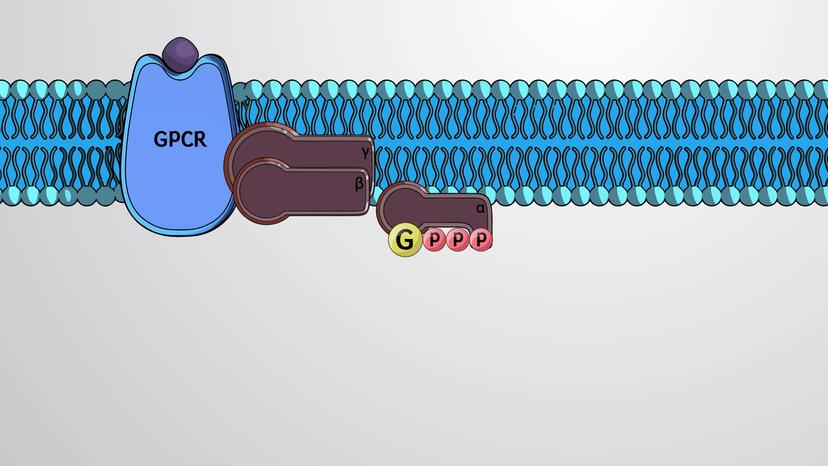
Cell-surface Signaling
Hormones—or any molecule that binds to a receptor, known as a ligand—that are lipid-insoluble (water-soluble) are not able to diffuse across ...
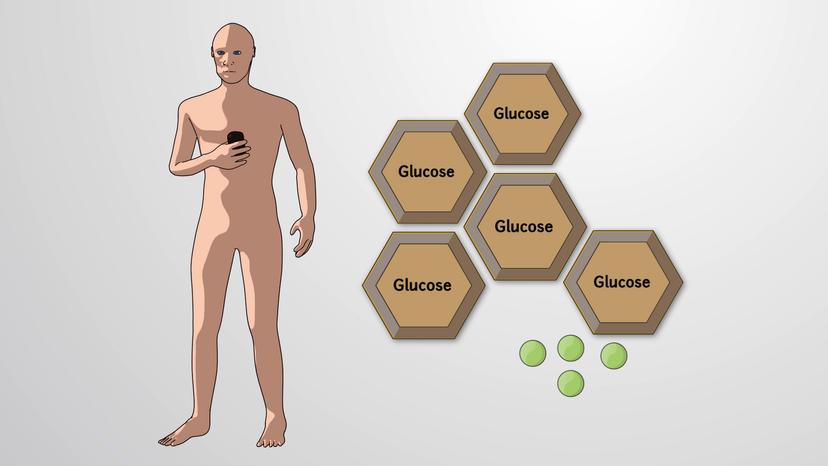
Feedback Loops
In most cases, excessive hormone production is prevented by negative feedback—a loop that starts with a stimulus inducing the release of a ...
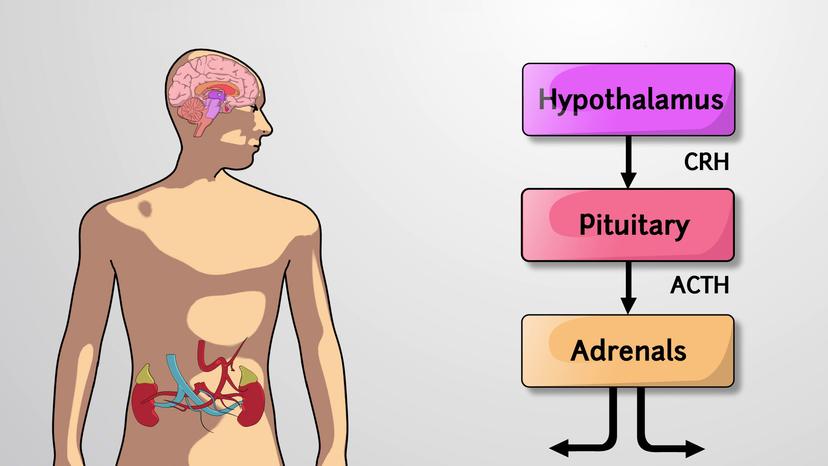
Hypothalamic-Pituitary Axis
The response to stress—be it physical or psychological, acute or chronic—involves activation of the Hypothalamic-Pituitary-Adrenal (HPA) axis. ...
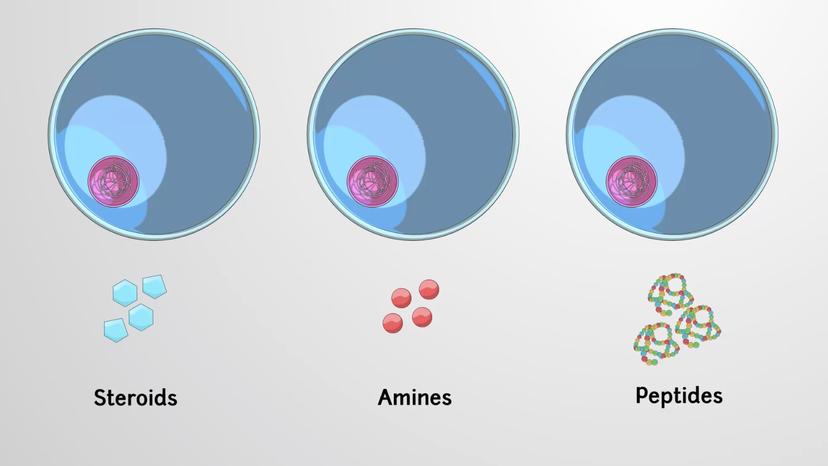
Types of Hormones
Hormones can be classified into three main types based on their chemical structures: steroids, peptides, and amines. Their actions are mediated by the ...
Copyright © 2025 MyJoVE Corporation. All rights reserved